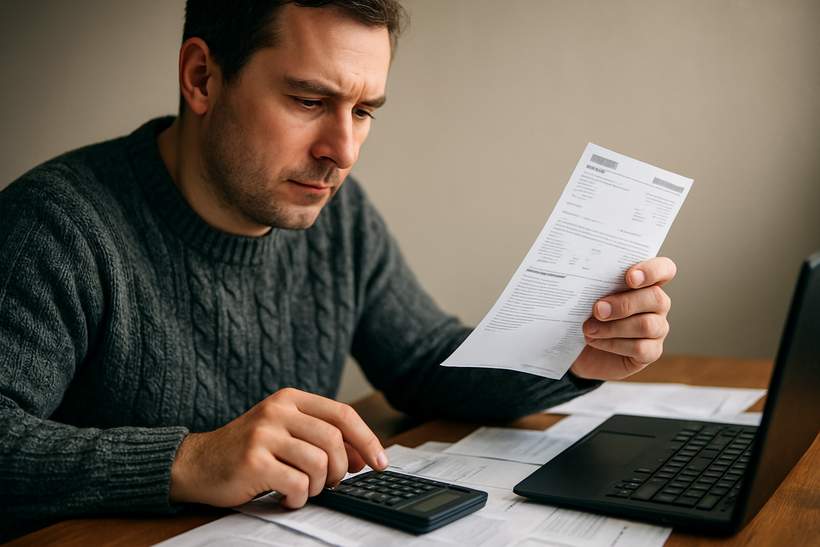Mexico Considers Raising Its GGR Tax to 50%

Mexico Contemplates a Significant Increase in Gambling Tax
Mexico is currently reviewing a proposal to substantially raise its gambling tax rate, a move that has sparked concern within the gaming industry. This initiative aligns with a growing pattern seen worldwide, where governments are reevaluating and often increasing taxes on gambling activities.
Details of the Proposed Tax Increase
Finance Minister �����������������Édgar Amador has suggested doubling the current tax on casino and online gaming operators by amending the Special Tax on Production and Services (IEPS). If approved, the tax on gross gaming revenue (GGR) would jump from 30% to a remarkable 50%.
For context, the IEPS tax is not exclusive to gambling but extends to other products like tobacco and sugary beverages. Presently, gaming operators pay 30% tax on their GGR under this system, so this proposal would represent a substantial increase in their fiscal obligations.
Moreover, the proposal might introduce an additional 8% tax on video games featuring mature content or in-game purchase options, expanding the tax reach beyond traditional gambling.
Minister Amador argues that this tax adjustment is essential for generating increased government revenue, which could help mitigate the national budget deficit, with projected revenues estimated at 467 billion pesos if the changes are enacted.
Impact on the Gaming Sector
The proposal has raised alarms among industry stakeholders who already face a combined 30% corporate income tax on top of the existing 30% IEPS. Some regions in Mexico also impose extra local taxes, further adding to the financial pressure.
Operators currently can offset up to 20% of their IEPS payments against local taxes paid, but elevating the IEPS rate to 50% would place a much heavier burden on gambling businesses.
This tax revision comes as Mexico strives to modernize its outdated gambling regulations to better accommodate the rapidly expanding industry, especially with the rising popularity of online gaming platforms.
Global Trend Towards Higher Gambling Taxes
Mexico is not alone in reconsidering gambling tax rates. Across the globe, multiple governments are increasing taxes on gambling to boost revenue.
Several states in the U.S. have enacted similar changes. For example, Illinois has implemented new tax measures that compelled operators to add surcharges, despite widespread criticism.
In Europe, the Netherlands raised its gambling tax earlier this year aiming to increase state income, but the measure reportedly harmed the industry according to their regulator.
Meanwhile, in the United Kingdom, the horseracing sector has strongly opposed proposals to standardize online gambling taxes, arguing these would negatively affect their industry disproportionately.